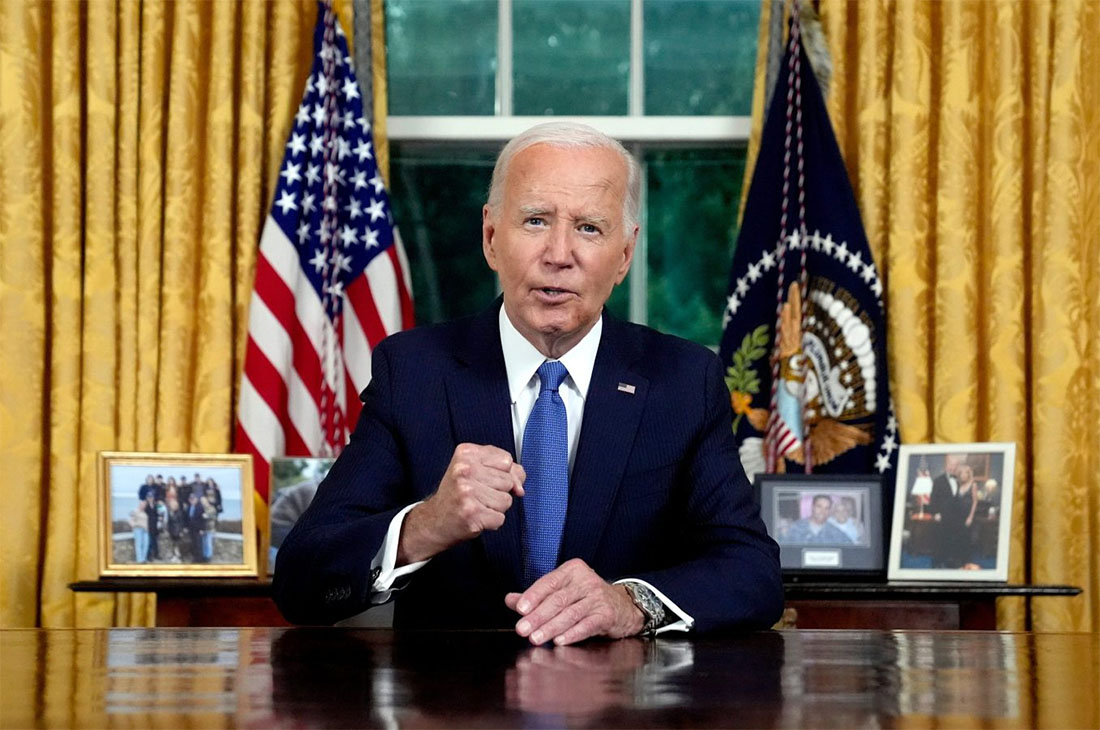
Photo Credit: Getty Images
President Joe Biden has unveiled a trio of proposals aimed at reforming the Supreme Court, sparking debate on the future of America's highest judicial body. The president's plan, announced on July 29, 2024, calls for term limits for justices, a binding code of ethics, and a constitutional amendment clarifying presidential immunity.
Biden's proposals come in response to recent controversial rulings and ethics concerns surrounding the court. "What is happening now is not normal, and it undermines the public's confidence in the court's decisions, including those impacting personal freedoms," Biden wrote in a Washington Post op-ed.
The first proposal, dubbed the "No One Is Above the Law Amendment," seeks to clarify that former presidents are not immune from federal prosecution for crimes committed while in office. This directly addresses the Supreme Court's recent ruling on presidential immunity in a case involving former President Donald Trump.
The second reform introduces 18-year term limits for justices, with presidential appointments occurring every two years. Biden argues this would "reduce the chance that any single presidency radically alters the makeup of the court for generations to come."
Lastly, Biden proposes a binding code of conduct for the Supreme Court, requiring justices to disclose gifts, avoid public political activity, and recuse themselves from cases with potential conflicts of interest. This follows scrutiny of Justice Clarence Thomas's undisclosed luxury travel and gifts from billionaire friends.
Vice President Kamala Harris, running for the Democratic presidential nomination, voiced support for the reforms, stating they would "help to restore confidence in the Court, strengthen our democracy, and ensure no one is above the law."
However, the path to implementation is steep. House Speaker Mike Johnson declared the plan "dead on arrival in the House," highlighting the divided Congress's challenge to passing such reforms. Constitutional amendments require even higher hurdles, needing two-thirds support in both chambers and ratification by three-fourths of state legislatures.
Progressive groups are working to make Supreme Court reform a key issue for voters in the upcoming November elections. Their efforts aim not only to retain Democratic control of the White House but also to flip the House and strengthen the Senate majority.
Biden's shift towards court reform marks a significant change from his 2020 campaign stance, when he resisted calls for court-packing. The president cited the work of a commission he created to study court reforms, thanking them for their "insightful analysis, which informed some of these proposals."
Biden's Supreme Court reform plan has ignited a crucial debate on the balance of power and accountability in America's highest institutions. Whether these proposals gain traction remains to be seen, but they have undoubtedly brought the issue of judicial reform to the forefront of national discourse.

















